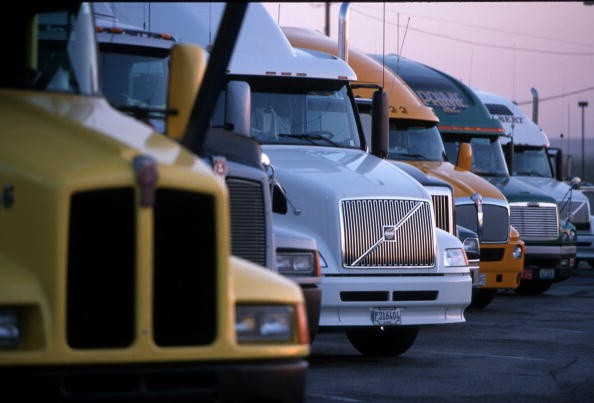German auto supplier Bosch revealed that a budget of $200 million will be invested in building a factory in South Carolina that will manufacture fuel cell stacks, according to a report by TechCrunch.

This will and can be used by hydrogen-powered electric vehicles, specifically electric trucks, across the United States. This project is part of the plan of the company to invest in the development of fuel cell technologies by 2024, and it costs more than $1 billion.
The factory contains a total of 147,000 square feet of floor space. Through this project, 350 vacancies will be up for employment once the factory finishes construction and starts operating by 2026.
As per Bosch President Bosch Mike Mansuetti, the investment was made as a support to the increasing demand from the customers in North America. He stated that it was only critical for them to join the market after the successful acquisition of the business.
The shift of the company was also timely as the United States Environmental Protection Agency or EPA is proposing heavy trucks to reduce nitrogen oxide emissions from 40% to 60%. This proposal aims to reach the reduction by 2045, which is the year that is expected by many to become a much healthier environment as businesses start to go to zero emission.
Nikola will be one of the companies that will benefit from this project as it will power one of its vehicles, the Tre electric semi-truck. In 2019, Bosch invested $100 million in Nikola as the deal included supplying the company with hydrogen fuel cell modules.
Fuel Cell Stacks and Its Power
As trucks require more battery packs and long-lasting power, the fuel cell stacks will be expensive to build. It will be specifically made for large vehicles, including semi-trucks, construction equipment, and military vehicles.
It will also help vehicles to have better performance as these batteries are small and light compared to the others, yet it offers promising power. The hydrogen will be its carrier, meaning that it will be a good combination of different renewable sources that are also generated by weather, including solar and wind.
Other Companies with Hydrogen-Powered Vehicles
Alongside Bosch, Bloomberg also reported that BMW AG has started producing fuel cell systems for the automotive giant's sports utility vehicle iX5, which is also powered by hydrogen.
As per the Chief Executive Officer Oliver Zipse that it has become more relevant because of its advantages among the usuals, he added, "Hydrogen-powered cars are the ideal technology for us to complement pure battery-electric vehicles."
Meanwhile, Mercedes and Audi stopped the production of their own vehicles as both companies concentrated on battery-powered vehicles.
This article is owned by TechTimes
Written by Inno Flores
ⓒ 2025 TECHTIMES.com All rights reserved. Do not reproduce without permission.




